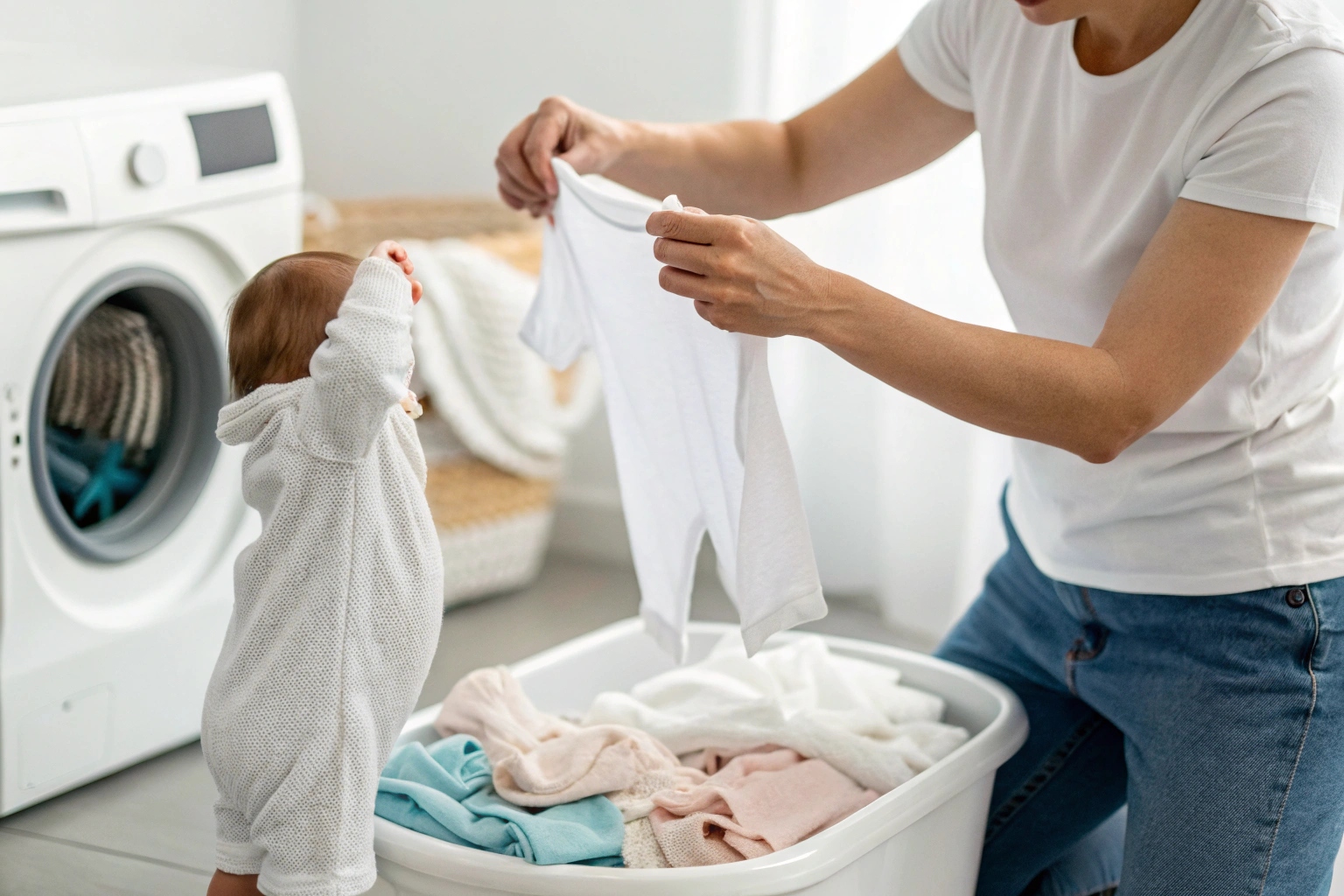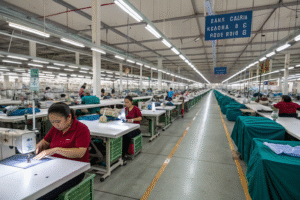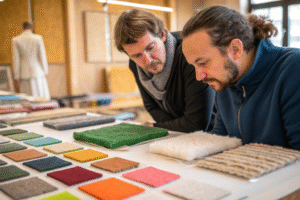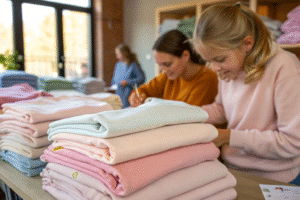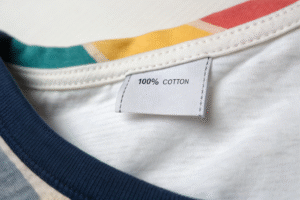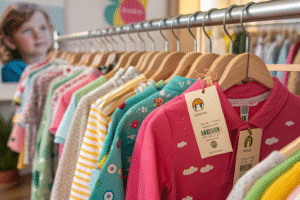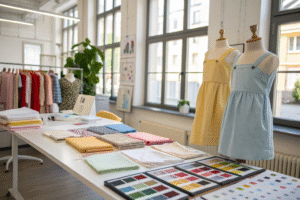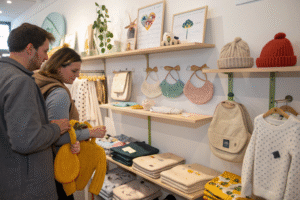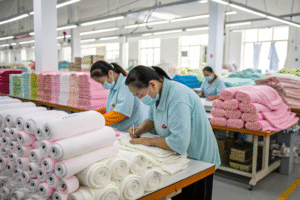Buying baby clothes is exciting—but should you wash them before putting them on your newborn?
Yes, you should always wash new baby clothes before use. New fabrics can contain chemicals, dust, or allergens from manufacturing and packaging, which may irritate your baby’s sensitive skin.
Let’s explore why this step matters, what the NHS recommends, and how to do it safely.
Is It Necessary to Wash Newborn Clothes Before Wearing?
Many parents wonder if brand-new clothes are truly clean. After all, they’re fresh from the store—right?
Yes, it is necessary to wash newborn clothes before wearing. New clothes may look clean, but they often carry residues from dyes, textile treatments, or factory handling that could trigger rashes or irritation.
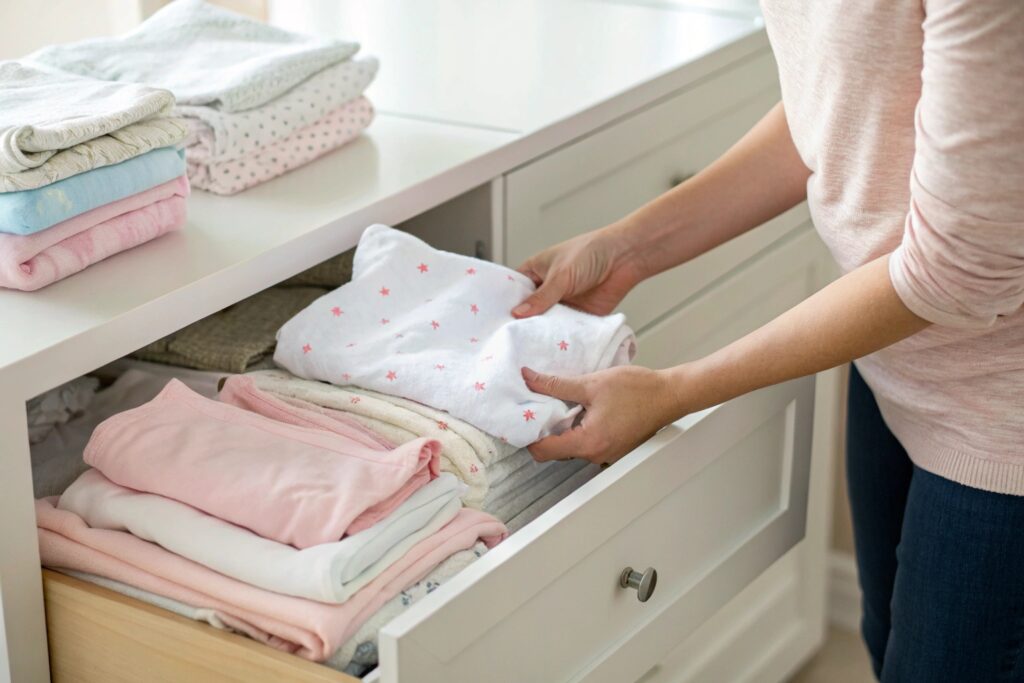
Why washing matters for newborns:
| Reason | Why It’s Important |
|---|---|
| Sensitive skin | Newborns have thinner skin |
| Chemical treatments | May include sizing or preservatives |
| Storage exposure | Dust, mold, or allergens possible |
| Unknown handling | Touched by workers or shoppers |
What to wash before use?
- Onesies, rompers, bodysuits
- Sleepwear and hats
- Swaddle blankets and cloth bibs
- Socks, mittens, and any fabric that touches skin
Even organic or “natural” baby clothes should be washed to remove particles picked up during packaging or shipping.
Can I Put New Clothes on My Baby Without Washing?
You may be tempted to dress your baby in that brand-new onesie right out of the box. But is it a good idea?
No, it’s not recommended to put new clothes on your baby without washing. Even clean-looking garments can carry irritants that cause redness, itching, or eczema flare-ups.
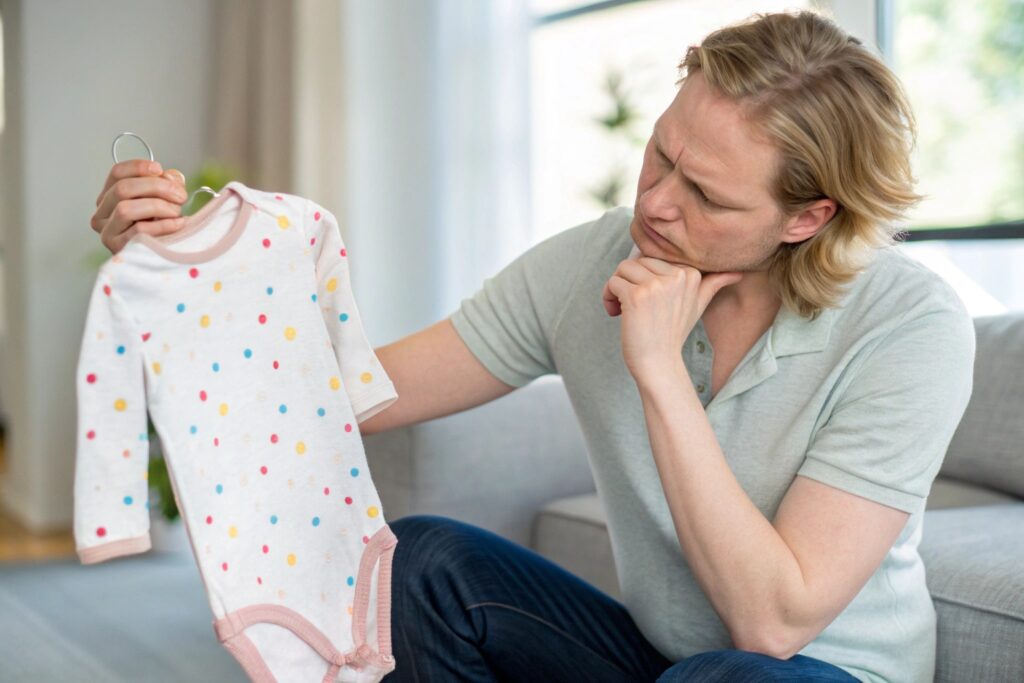
What can happen if you skip washing?
- Skin irritation – Chemicals in unwashed clothes may trigger rashes.
- Respiratory discomfort – Strong fabric odors can affect breathing.
- Allergic reactions – Traces of detergents or finishing sprays from factories.
| Concern | Potential Outcome |
|---|---|
| Chemical coating | Rash, discomfort, dryness |
| Mold or dust | Allergies or sneezing |
| Fragrance or dyes | Itching or flare-ups in eczema-prone babies |
If you forgot to wash—what to do?
Don’t panic. If your baby wore unwashed clothes for a short time and had no reaction, it’s usually fine. But be sure to wash all future items before use.
Do New Clothes Need to Be Washed First?
Not just for babies—many people wonder if new clothes in general should be prewashed.
Yes, new clothes—especially baby clothes—should be washed first. It helps remove factory chemicals, shipping dust, and residues from fabric dyes.
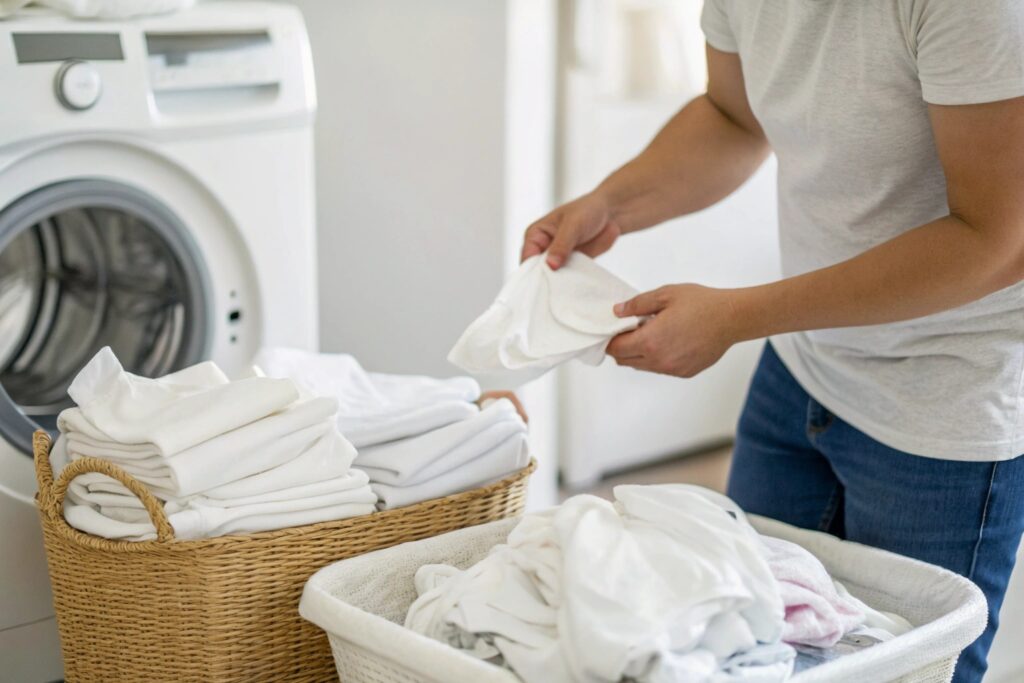
Why washing first is a good habit:
| Clothing Type | Wash Before Use? | Reason |
|---|---|---|
| Baby Clothes | ✅ Yes | Sensitive skin, allergens |
| Underwear or pajamas | ✅ Yes | Direct skin contact |
| Outerwear | Optional | Limited skin contact |
| Organic cotton | ✅ Yes | Still may carry particles |
Even baby clothes labeled “hypoallergenic” or “pre-washed” may have been stored or handled in dusty warehouses.
Washing before use ensures that only gentle, baby-safe detergent touches the fabric before it meets your baby’s skin.
Should You Wash New Baby Clothes in the NHS?
What does the UK’s National Health Service say about this topic?
Yes, the NHS recommends washing all baby clothes and bedding before use. This applies to both brand-new and secondhand items.
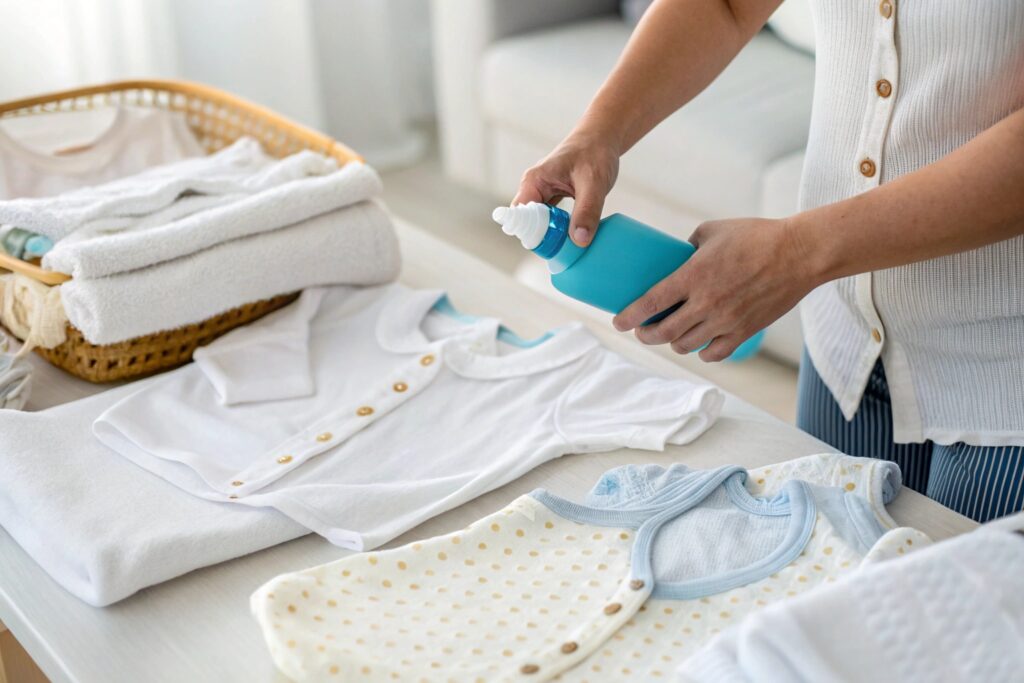
What NHS guidance includes:
- Wash all baby clothes before first use – To remove chemicals and bacteria.
- Use non-bio detergent – These are gentler on delicate skin.
- Wash at 30–40°C – Warm enough to clean, gentle enough for fabric.
- Avoid fabric softeners – Can leave residues that irritate babies.
| NHS Tip | Explanation |
|---|---|
| Use non-bio detergent | Fewer enzymes = less irritation |
| Wash before first wear | Removes dyes, starches, and dust |
| Avoid strong fragrance | Too harsh for baby lungs and skin |
If you’re washing secondhand clothes, the NHS also suggests checking for loose threads, buttons, or sharp tags before dressing your baby.
Conclusion
Yes, you should absolutely wash new baby clothes before use. It’s a simple step that protects your baby’s skin from chemicals, allergens, and dirt picked up during production and shipping. Whether it’s a brand-new romper or a gifted onesie, washing it first ensures your baby stays safe, clean, and comfortable.

